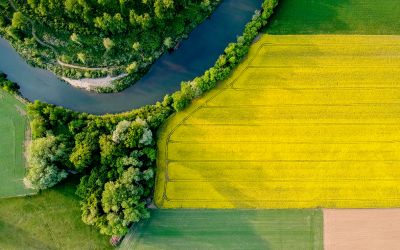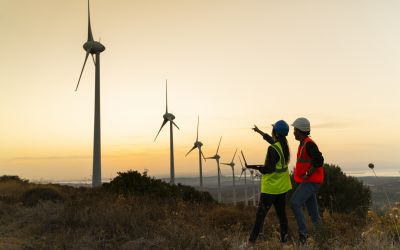European farms can benefit the environment whilst sufficiently feeding the population, finds report
A new study by IDDRi has found that farms in Europe can respond to climate change whilst providing sufficient food for the population.

A new study by IDDRi has found that farms in Europe can respond to climate change whilst providing sufficient food for the population.
The ‘Ten Years for Agroecology in Europe’ report finds that wholesale transition to agroecology would reduce Europe’s global food footprint and result in a 40 per cent reduction in agricultural greenhouse gas emissions.
Agroecology is the phaseout of chemicals in favour for promoting sustainable solutions that include utilising local farms knowledge and using biodiversity to provide environmental, economic and social benefits.
The IDDRi paper has already launched in Europe, but the Soil Association has worked with the authors to bring the English translation of this research to the UK.
Rob Percival, Head of Food Policy at the Soil Association said: “Pesticide-hungry intensive production is not the only way to feed a growing population. The ‘Ten Years for Agroecology’ study shows that agroecological and organic farming can feed Europe a healthy diet, while responding to climate change, phasing out pesticides, and maintaining vital biodiversity.”
A transition to a fully agroecological Europe will require dietary change, particularly a shift in the populations consumption of meat.
This follows a report warning that Europeans needs to reduce their meat and dairy consumption by over 50 per cent to ensure the sustainability of the livestock sector.
Presently, the livestock sector is contributing significantly to greenhouse gas emissions. It is also increasing demand for water, to produce bovine meat, which refers to cattle, it requires 15415 litres of water per kilogram.
The IDDRi report recommends that the Government must support the transition through the Agricultural Bill, they also highlight the importance of farmers having a voice in future policy.
Rob Percival added: “The idea of an entirely agroecological Europe is often considered unrealistic in terms of food security because agroecology sometimes means lower yields. But this new research shows that by refocussing diets around plant-based proteins and pasture-fed livestock, a fully agroecological Europe is possible. The UK government should respond by supporting agroecology within the Agriculture Bill.”
Read the full report here.






